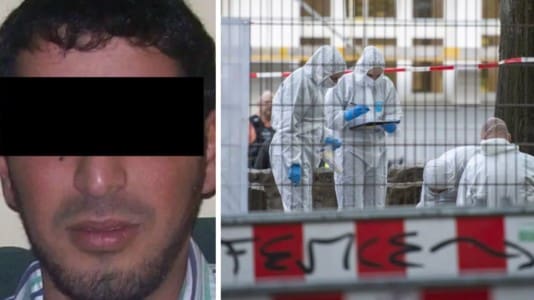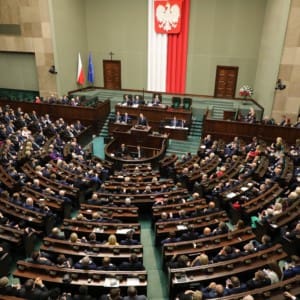Since the outbreak of the war, the number of Russian tourists in Budapest has fallen to a tenth of its pre-Covid level, news portal Index reports.
According to the Association of Hungarian Tourist Guides, sanctions have made travel from Russia to Hungary much longer and more expensive.
Before the outbreak of the Russian-Ukrainian war, the number of hotel nights spent by Russian tourists in Budapest had reached pre-coronavirus levels. By the beginning of this year, however, the year-over-year level had fallen to barely a tenth of that, and the trend is the same across the country, according to data from the National Tourism Data Centre.
The decline is even greater at Lake Balaton, where the number of Russian guest nights fell to a twentieth of the level seen in 2019. The lack of Russian tourists is a big loss in Hévíz, where Russians used to account for a significant proportion of guests.
“The loss of guests is very noticeable, as Russian guests typically spent 10 to 12 nights in Hévíz. They are also good spenders, so they used the services not only in their hotel or private accommodation but also outside in the city,” said Gábor Papp, mayor of Hévíz, on the news program of commercial TV station RTL.
According to the Association of Hungarian Tourist Guides, fewer people are coming because of the sanctions. The direct flight between Budapest and Moscow has been canceled, so the only way to reach Hungary is via long detours.
“Most tourists are now coming from Baku and Istanbul, but it is also possible to come via Dubai, Belgrade and Astana,” said Júlia Sarlai, a tour guide and one of the leaders of the Association of Hungarian Tourist Guides. She added that flights have become not only longer but also more expensive, which has become an issue throughout Europe.





